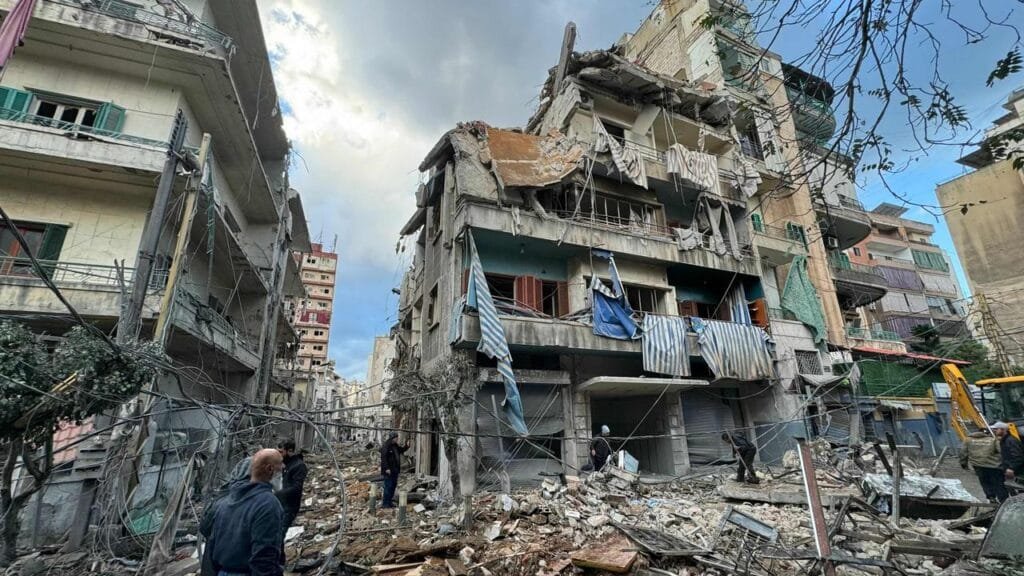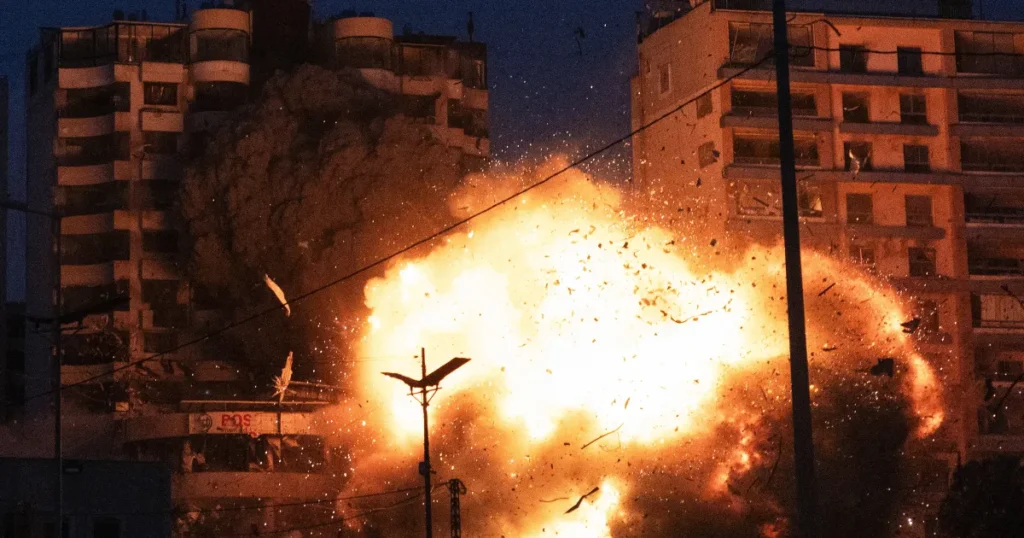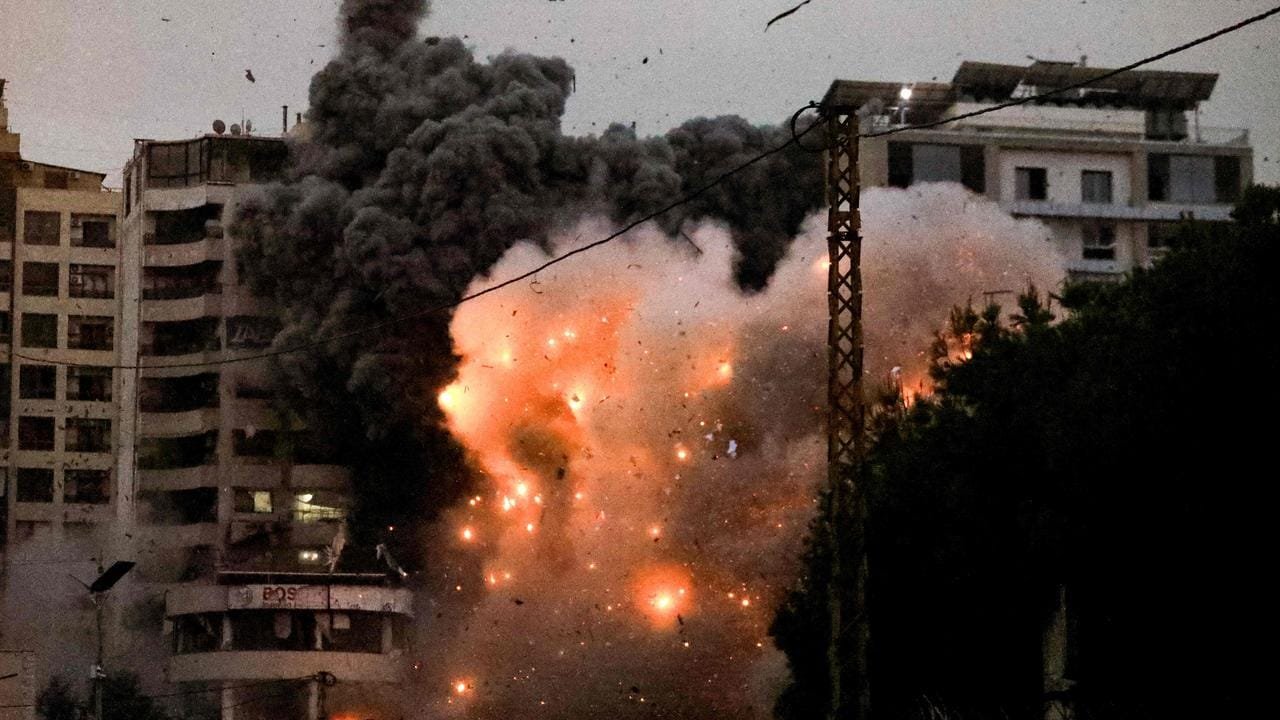The Highlights:
The protracted conflict between Israel and Hezbollah has inflicted substantial casualties and widespread displacement, prompting international calls for a resolution. Recent reports indicate that both parties are on the verge of approving a ceasefire agreement, potentially marking a pivotal step toward regional stability.
Ceasefire Negotiations
Israeli Prime Minister Benjamin Netanyahu has provisionally agreed to a US-brokered ceasefire plan with Hezbollah. The deal involves a 60-day lull in fighting in which Hezbollah forces are to retreat from the south of Lebanon and Israeli soldiers will revert to positions on the frontier. The Lebanese Army along with U.N. peacekeepers are to monitor compliance for strict adherence to the terms.

Incidents Continue as Leaders Negotiate
Despite the positive developments in talks, fighting has continued. Israeli jets have pummeled suburbs of Beirut and the southern port city of Tyre in a series of strikes against Hezbollah strongholds. The attacks have killed dozens, among them a local Hezbollah commander. Violence continues unabated, underlining how fragile the ceasefire talks are, and the difficulties involved in the quest for a meaningful peace.

International Involvement and Reactions
The United States has played a central role in facilitating the negotiations leading up to the ceasefire, as U.S. envoy Amos Hochstein has engaged both Israeli and Lebanese officials on the issue. The European Union also called on Israel to agree to the terms of the ceasefire, stating that Israeli security concerns were incorporated into the proposed agreement. However, a fair number of political parties in Israel have criticized the proposal. Far-right National Security Minister Itamar Ben-Gvir and several northern town mayors have criticized the deal, seen as a too big a win for Hezbollah.
Humanitarian Impact
The conflict has resulted in the devastating humanitarian effects. In Lebanon, over 3,760 people have been killed, and 1.2 million have been displaced. In Israel, Hezbollah’s attacks have resulted in 75 deaths and the displacement of 50,000 individuals. The proposed ceasefire is one that will ease the suffering of the civilians and pave the way for broader peace efforts within the region.
Challenges Ahead
The ceasefire initiative itself is an important step to move toward the de-escalation process; however, there are still many hurdles. Therefore, Hezbollah’s acceptance of the agreement will be a primary concern, considering the group’s previous history of violations. More substantially, the political dynamics existing inside Israel might create problems by offering resistance from right-wing ministers in the approval and implementation of the ceasefire.
Conclusion
The potential Israeli-Hezbollah ceasefire could become a beacon of hope in the long-neglected region. The implementation of the deal successfully would lessen the fighting and pave the way for full-scale peace talk negotiations. However, the road to lasting peace is still replete with difficulties; it requires sticking diplomatic efforts and mutual commitment from all parties.
For Latest News Updates Click Here
